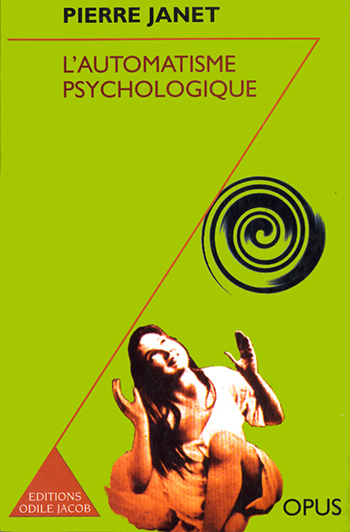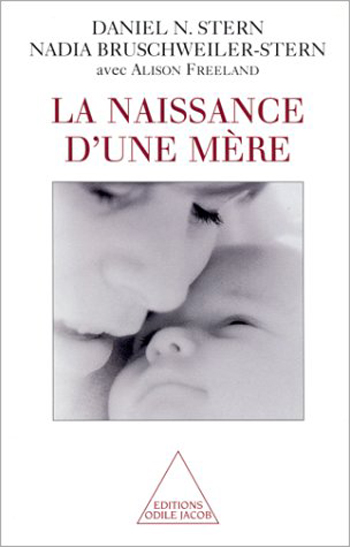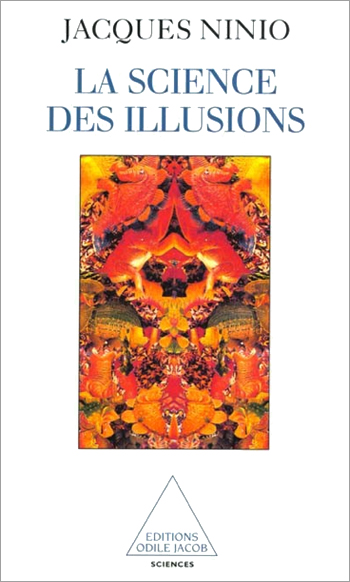Catalog All books
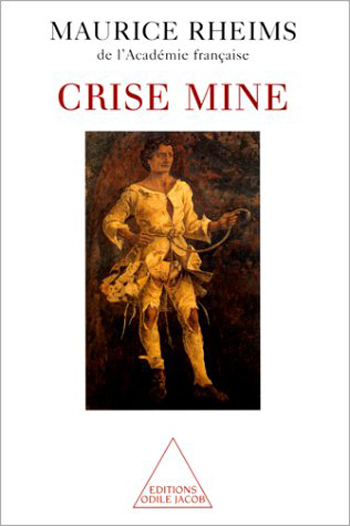
Maurice Rheims
crise mine
A well-known writer, art collector, academic, and sometime auctioneer reflects on life in our times and on the art of living well. In an age when it has become fashionable to lament a kind of society-wide depression, Rheims examines other periods of crisis and general malaise throughout history, and ends with a resounding affirmation of the power that curiosity, beauty, and art will continue to hold. Maurice Rheims is president of the Fondation de France's cultural development fund, and a member of the Académie française. He is the author of many essays, novels, and books on art.
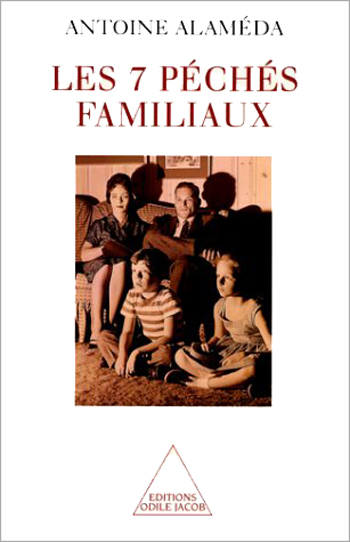
Antoine Alaméda
The 7 Domestic Sins
Based on clinical studies and his own long practice in the field, in this book Alameda shows how each family suffering from psychological problems can become its own best therapist, once it relearns to use the resources paralysed by history and modern culture. Far from being general, guilt-mongering, or infantilizing, Alameda's book concretely examines the seven situations that, today, are the most common reasons for seeking family therapy. Antoine Alameda is director at the Child and Adolescent Psychiatry Clinic at the Hospital of Toulon-la-Seyne.

Jean-François Deniau
The Office of Lost Secrets
La Rochefoucauld once wrote that "neither the sun nor death can be stared at. " The French moralist could have added that truth also can be blinding. Deniau examines several particularly spectacular cases throughout history and under a variety of political regimes, where leaders in the upper echelons of civil and military power have refused to face the truth. He studies major cases in the fields of espionage and international relations, proposing new interpretations of some of these cases, including of the Dreyfus affair. Jean-François Deniau is the author of numerous best-sellers, and a member of the Académie Française.
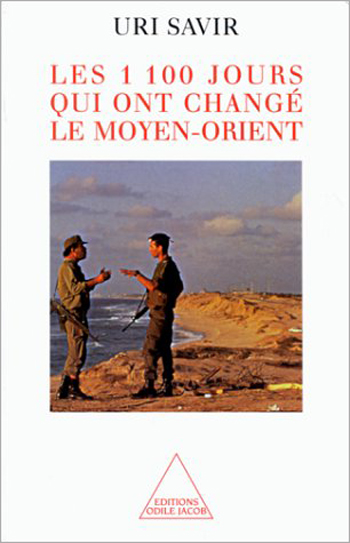
Uri Savir
The Process 1,100 Days that changed the Middle East
In The 1100 Days, Savir offers the reader a front-row view of the complex negotiations and the clash of interests between the opposing delegations. The author, who played a major role in the negotiations - along with Yitzhak Rabin and Shimon Peres - recounts the saga of one of the most significant political events of the late twentieth century. Numerous questions are still to be answered: How can the process of negotiation begun in Oslo be completed? What hopes are there for a peaceful solution? Uri Savir was secretary general of the Israeli Ministry of Foreign Affairs from 1993 to 1996. He now heads the Peres Institute for Peace.


